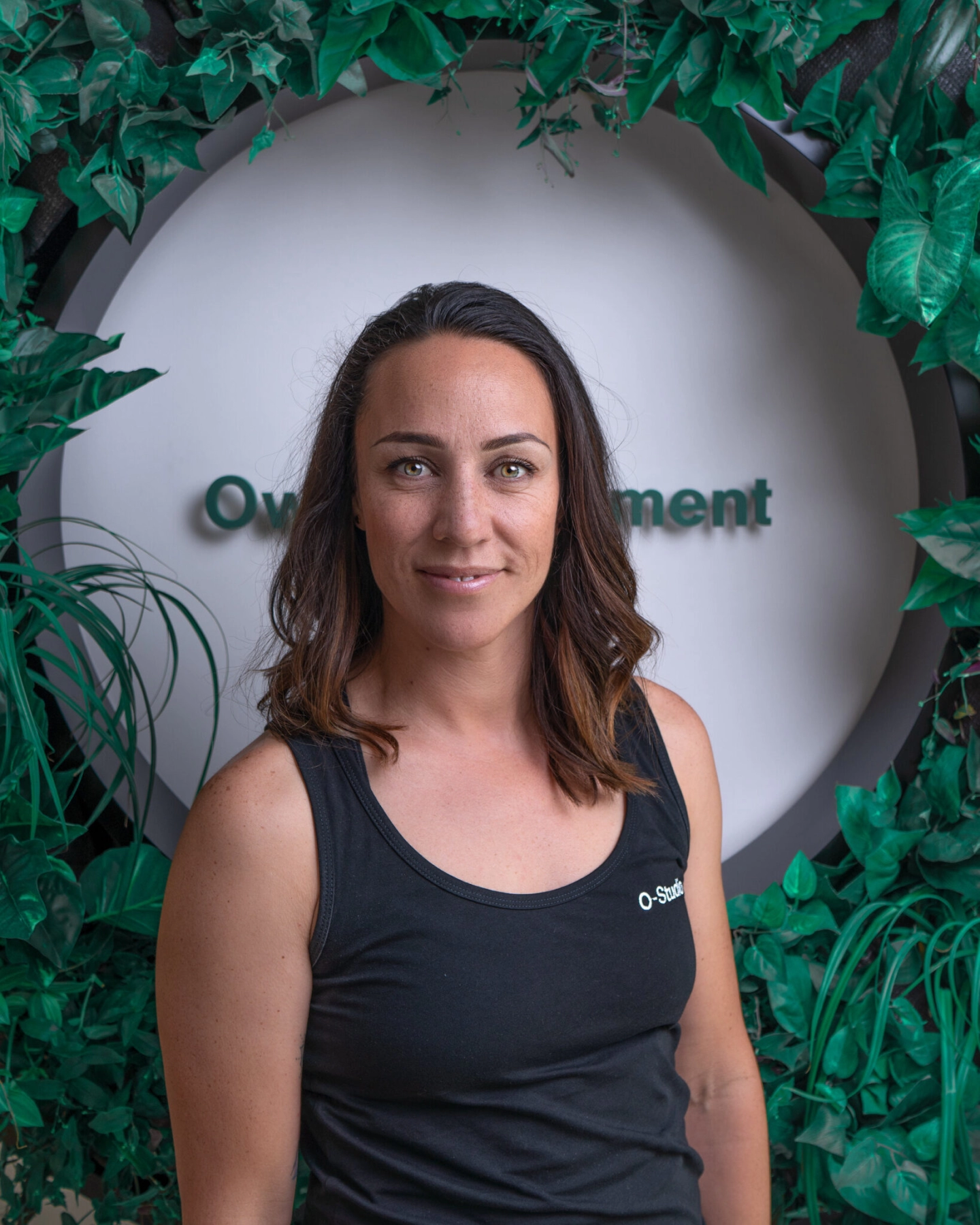Do You Need to Buy the Newest & Most Expensive Moisturizer for Your Skin?
Your Moisturizer is the most crucial part of a skincare routine. Every day, a new product on the market claims to provide you with the perfect skin. Some luxe moisturizers retail for several hundred dollars and even more! On the other hand, you will get a moisturizer only for $20. So, what’s the difference? Do the expensive products are the most effective? And Do you really need to break the bank to buy a moisturizer for your skin? What should you look for in a moisturizer? Read on to know all the answers.
What Makes Moisturizers Expensive?
When you see a high-end moisturizer, what comes to your mind? The better ingredients, the more sophisticated technology, and more research. Right? In fact, it is not always the case. The fragrance consideration, the physical packaging, and the airless pumps used in manufacturing are expensive, and they all affect the price of a product.
Next, the money spent on marketing campaigns run by famous and expensive brands causes a sharp rise in the prices of their products. People who buy costly skincare products don’t want to think of themselves as ones who would purchase inexpensive products.
Let’s take an example; you like a black forest cake from an economical company. Another high-end company makes the black forest cake but with buttercream topping. The base is similar, but the topping is the speciality of an expensive brand. The same goes for luxury skincare brands. Sometimes they add a unique ingredient that is not necessarily very effective but attracts buyers.
What Should You Look For in a Moisturizer?
It is imperative to consider the ingredients of a moisturizer before adding it to your daily skincare routine. Here is a list of components you should be looking for.
-
Hyaluronic Acid
Hyaluronic acid is the most impressive moisturizing ingredient. It is a sugar molecule that binds to collagen and gives plumper, healthier and hydrated looks. Our body naturally makes hyaluronic acid, and its one molecule holds about 1000 times its own weight in water. It has quick and effective hydrating action that keeps the collagen and elastin fibres functioning. At the same time, hyaluronic acid is a lightweight, non-greasy ingredient and is safe for all skin types, including acne-prone skin.
-
Ceramides
Ceramides are the lipid molecules present in the membrane of skin cells that prevent moisture loss. The natural and synthetic ceramides both help restore skin barrier function. A dermatologist usually recommends ceramide-containing moisturizers to people suffering from eczema and psoriasis because they have significantly fewer ceramides than people with normal skin.
-
Essential Fatty Acids
These are the healthy fatty acids that cells require to undergo normal biological processes. They keep the skin looking healthy and glowing. Unfortunately, the human body does not produce these fatty acids of its own. So you must obtain it from your diet or from skincare products. Olive oil, avocado oil, almond oil, and shea butter are excellent sources of essential fatty acids.
-
Urea
Urea is one of the most common ingredients in moisturisers. It is produced in a lab and is not made from urine as some people may think because of its name. This potent ingredient is able to attract moisture from the air and draw it into your skin. Doctors prescribe it commonly for very dry skin or eczema. Our own skin also produces its own urea as part of the natural moisturising factor produced by the skin.
The Bottom Line
There is no single moisturizer that is perfect for all. Some may work well for some but not so well for others. Choosing the right moisturizer can take time, but it is unnecessary to go for an expensive one. Instead, you may find an affordable moisturizer with quality ingredients. You have to do your research, look at the ingredients list, and try a patch test to ensure your skin doesn’t react badly.
For more information, you can check our broad selection of moisturisers here.




